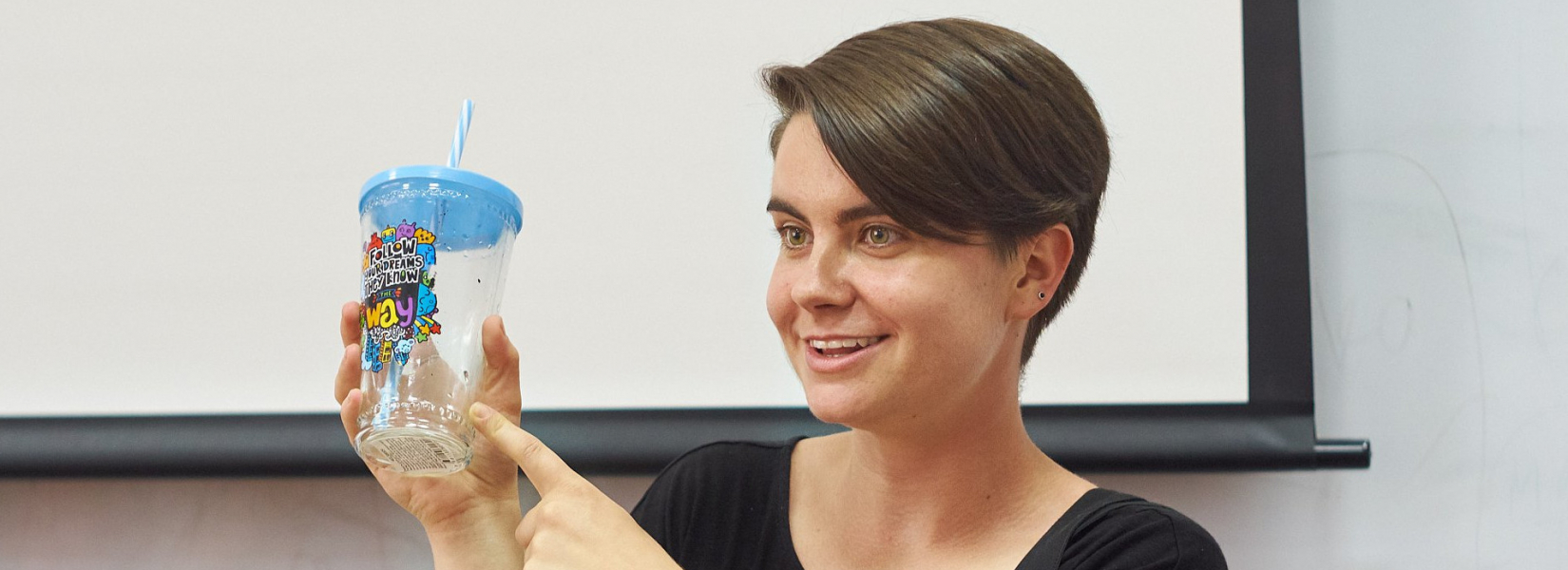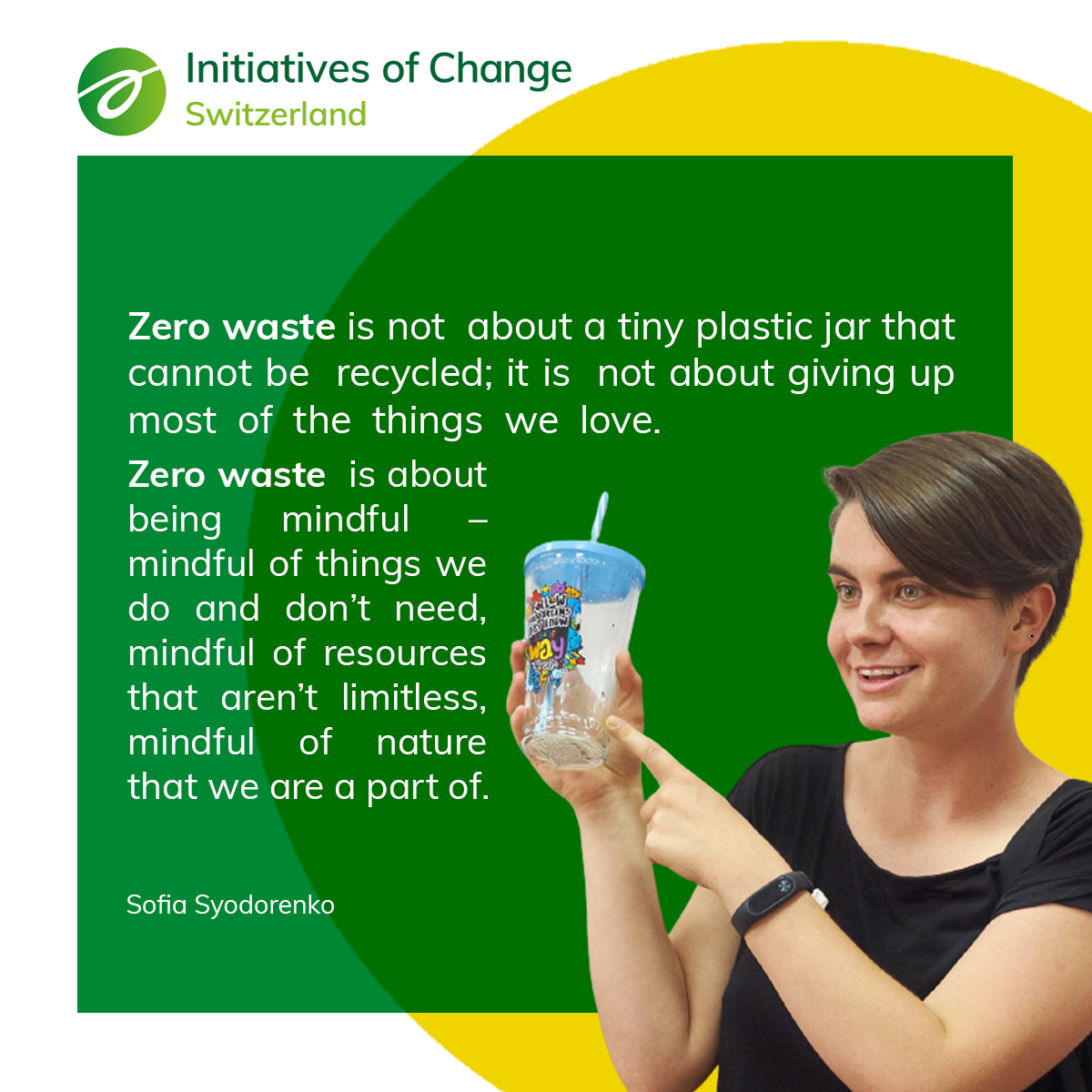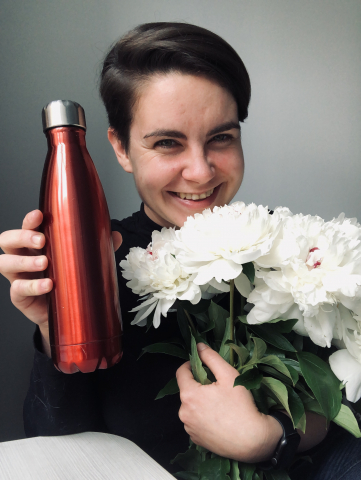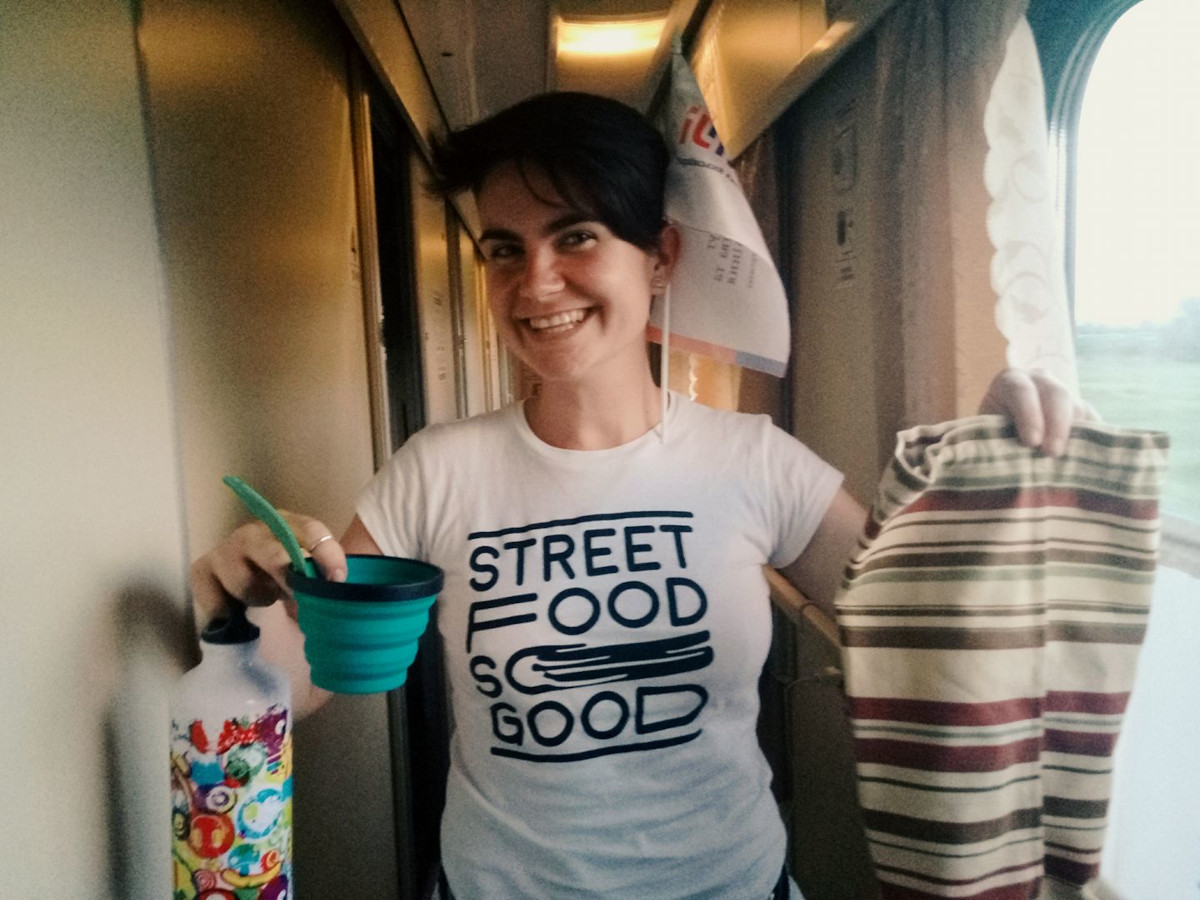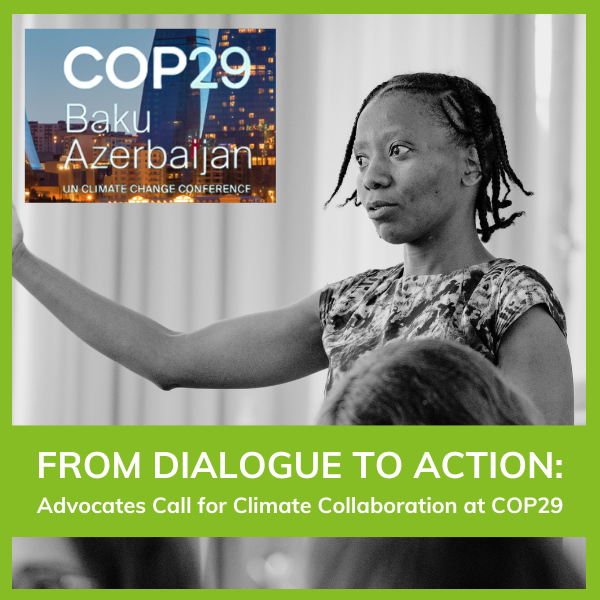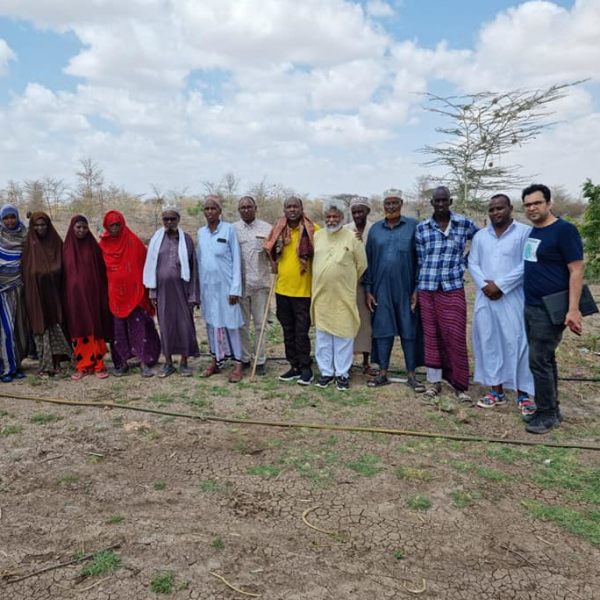Sofia Syodorenko: A zero waste lifestyle is a mindful lifestyle
By Hajar Bichri
21/01/2022
How did Sofia Syodorenko become involved in the zero waste movement, and what does it mean to her? Now Chair of Foundations for Freedom, she is also a representative of the Zero Waste Alliance Ukraine, and moderated an online workshop on plastics and single-use consumption during the Caux Dialogue on Environment and Security in 2021.
What triggered your change to a zero waste lifestyle?
To be completely honest, I was always a kind of zero-waste person, thanks to my mother. She always pointed out when resources were being used irrationally – water running without a purpose, lights left on, food thrown away. This upbringing led me to get involved in environmental and waste issues.
Zero waste is not about a tiny plastic jar that cannot be recycled; it is not about giving up most of the things we love. Zero waste is about being mindful – mindful of things we do and don’t need, mindful of resources that aren’t limitless, mindful of nature that we are a part of. Based on this core idea, we can build many wonderful approaches to such routine things as waste management.
How do you practise that in daily life?
Let me walk you through my day. I wake up in the morning and wash. I use a bamboo toothbrush which I later put in the compost. My toothpaste is in a glass jar which I can return for refilling. I use a simple bar of soap instead of shower gel. I then go to the kitchen, make coffee in a French press, and eat whatever I feel like eating (most of the foods I eat are grown locally: I eat them not only because it is an environmentally friendly thing to do, but also because Ukrainian food is insanely tasty).
After that I walk my dog, use paper bags to collect its ‘presents’, and come back home to work. In pre-pandemic times, I would walk, cycle or take a local bus to work, but now I work from home, so that’s easier. In the evenings I usually read something, or watch something, or go for a great local beer in a glass jar.
I am not a fan of shopping. I don’t have many things or clothes. If I don’t use something, I donate it; if I need something, I ask the reuse community or my friends first, and buy it only if they can’t help. When I shop for groceries, I use my own reusable bags, jars and containers.
Don’t get me wrong, I do produce trash, but the point is to see where we are wasteful and deal with the causes not with the consequences. So we ask producers to change the way they sell goods to us and challenge municipalities to create policies which will stimulate businesses not to be wasteful.
Tell us about the initiative you started.
We started by creating a local NGO, working with the local community, businesses, producers and the municipality. Then we got together with like-minded NGOs from other Ukrainian towns, and created the Zero Waste Alliance Ukraine, which is now a part of a great European network, Zero Waste Europe, and a great global network, Break Free from Plastic.
We are continuing our work on the local level, and we also support other NGOs which work on waste management. We hope that we are changing the system for the better, case by case.
Why this should concern us all?
Zero Waste is not about reusable cups and reusable bags. It is about being respectful and mindful. There is this beautiful place called planet Earth. It has multiple extremely useful resources which we are welcome to use. But if we use these resources greedily and thoughtlessly, we will face the consequences – and they can be unexpected and fatal. We have a chance to change things: it is up to us whether to use it.
Can you give some tips for zero waste beginners?
First of all, don’t take the ‘zero waste’ concept literally, and don’t think that zero wasters don’t produce trash. We do. Start with noticing the things that you are surrounded by. Do you need them? Do you use them? Do you wear them? Do they make you happy?
Second, take a look into your trashcan, it’s a great source of information. You will probably see a lot of organic waste and packaging. Can you change this somehow? Can you start a composting site with your community? Can you buy your food with less single-use packaging? Can you substitute some single-use things you use everyday with reusable ones?
Last but not least, think of the things you truly love. Most probably they will be non-material things – people, laughter, adventure, sunny/rainy weather, getting cosy with a blanket and a good book. There is no need to believe those loud advertisements that tell you that you need to buy this or that to be happy. Nope, you don’t. The day you accept this will probably be one of the most useful days of your life.
How did you get involved with Caux Dialogue on Environment and Security (CDES)?
Good question. There are so many wonderful things in life that happen because of the words: ‘Hey, here is an idea!’ Nick Foster emailed me and a friend with these words, and that’s how we ended up organizing an online workshop as part of the CDES 2021. Its theme was ‘Plastics and Single-use Consumption: inspiring systematic change through personal transformation’. We were joined by Justine Maillot, from the Rethink Plastic Alliance and Break Free from Plastic, Jack McQuiban from Zero Waste Europe and Anna Ponikarchuk, the co-founder of Ozero, the first zero waste shop in Ukraine.
I really love intersectoral connections. They produce many wonderful out-of-the-box ideas. The workshop was a wonderful opportunity to create intersectoral connections. In a few years, we may see the impact.
Find out more about the Caux Dialogue on Environment and Security
___________________________________________________________________________________________________________
Watch Sofia speak at the workshop "Plastics & Single-use Consumption: Inspiring Systematic Change through Personal Transformation" during the Caux Dialogue on Environment and Security 2021
Photos: Sofia Syodorenko
